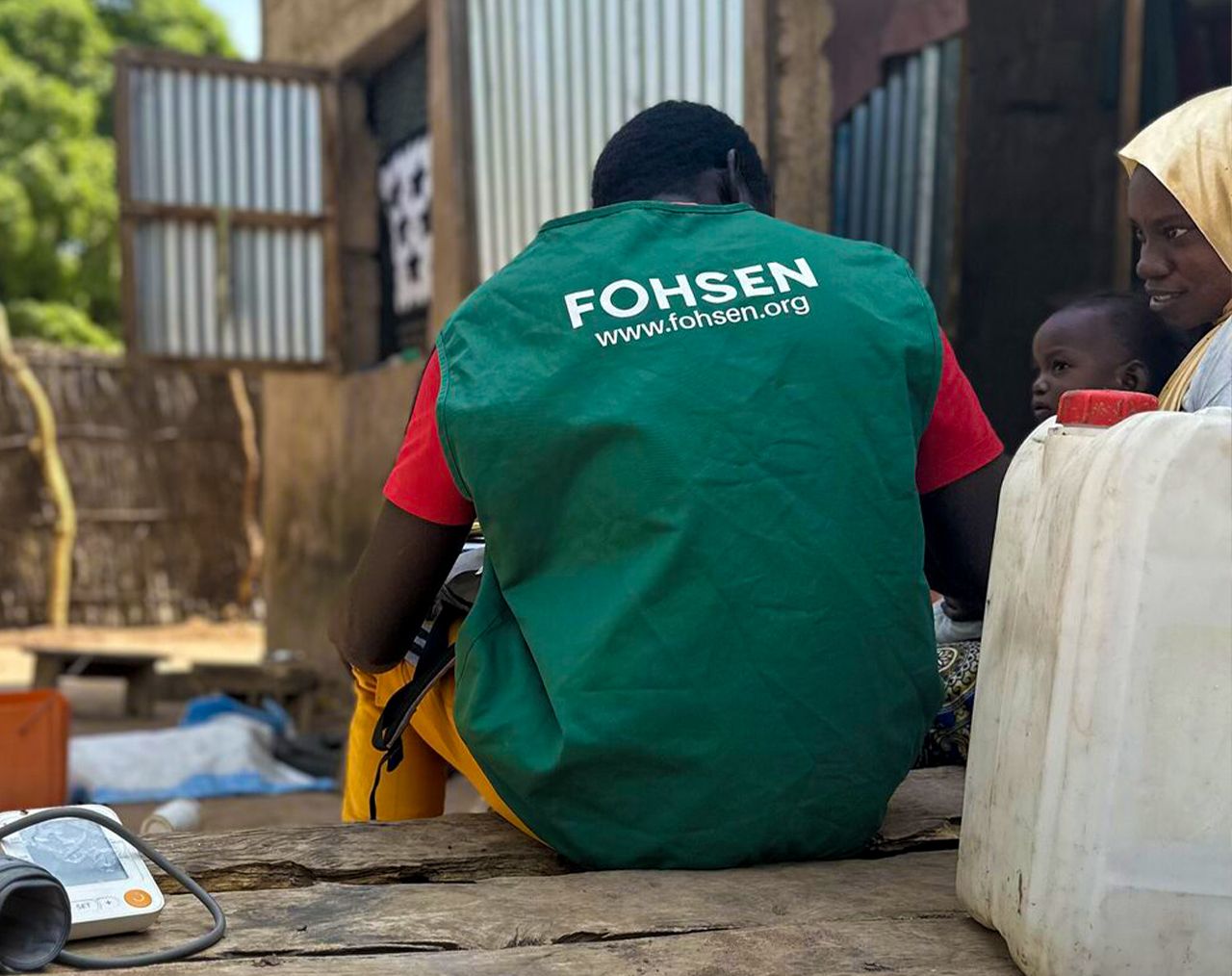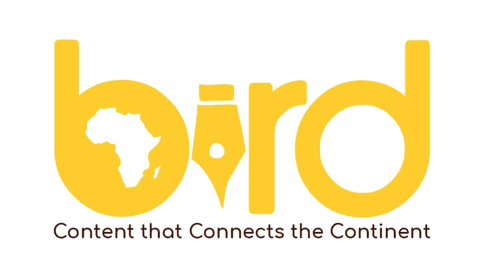As American foreign aid wavers, African innovators are building resilient systems from the ground up. From Senegal to Malawi, local models are redefining what effective, people-first healthcare looks like.

Bonface Orucho, bird story agency
In the quiet, sun-baked villages of Kaffrine, Senegal, about 300km northeast of Dakar, community health workers move from house to house—clipboards in hand, sandals dusted red with clay—asking questions that could save a life.
“Have you checked your blood pressure lately?”
“Is your baby eating well?”
“Has anyone in the house been feeling sick?”
They are not doctors. They’re not volunteers either—they are trained, trusted locals chosen by their communities to serve on the frontlines of rural healthcare. They ask these questions in Wolof, the most widely spoken language in the region.
They don’t just identify medical issues; they refer patients to clinics, follow up after visits, and, in some cases, ensure bills are covered.
In a region where hospitals are hours away and trust in formal healthcare is thin, these health workers aren’t merely delivering services—they are rebuilding the system from the ground up.
Behind this quiet revolution is Senegalese-American Talla Cissé.
At eight years old, Talla left Senegal when his father, a medical doctor, moved the family to Mississippi for work. The experience of attending one of the worst schools in the US exposed him to systemic barriers faced by marginalised communities.
“It wasn’t about intelligence,” Cissé reflects. “It was about the systems around us.” This early realisation—that much of life’s outcome is tied to luck and environment—shaped his worldview and fuelled his drive to create change.
After studying at Harvard and the Biden School and teaching through Teach for America, Cissé spent years working in education policy in the US. But a 2016 trip back to Senegal took him down a different course.
“I realised I couldn’t keep working on US systems while people back home were dying from preventable challenges like childhood diarrhoea,” he explained in a virtual interview.
That trip planted the seeds of FOHSEN Senegal (Foundation for a Healthier Senegal), a grassroots public health initiative co-founded with his father, aimed at strengthening—not disrupting—existing health systems.
FOHSEN operates through community health workers—young people nominated by the community, approved by local officials, and trained in basic preventive care, including maternal health and chronic disease management.
“What we’re trying to do is build a maternity and child health centre here,” explained Dr Saloum Cissé, FOHSEN’s co-founder and a practising physician. “When it’s all done, we’ll have a state-of-the-art health facility for Kaffrine—one that reflects the dignity and care every woman and child deserves.”
“Our workers go door-to-door, refer patients to clinics, and follow up within 48 to 72 hours,” Cissé explains. “And importantly, we pay them. You can’t expect someone to work 20 hours a week in the sun for a handshake.”
Since 2019, FOHSEN’s health workers have covered 13 villages in Kaffrine, the least densely populated region, completing over 15,000 home visits.
This model of localised, paid, and persistent care contrasts sharply with the uncertainty hanging over foreign-funded healthcare systems across Africa.
Recent U.S. aid freezes have shuttered PEPFAR-funded services, affecting over 350,000 people on HIV treatment in many African countries.
The collapse of programs like the President’s Malaria Initiative’s Evolve Program—which once protected 12.5 million people in 21 African countries—has governments scrambling to fill the gaps.
USAID allocated nearly US$8 billion in health aid to Africa between 2018 and 2022. With recent cuts in HIV, malaria, and family planning funding, local governments face a multi-billion-dollar hole, per a 2024 Kaiser Family Foundation report.
FOHSEN is now exploring more sustainable funding models that go beyond traditional sources like aid, including support from the African diaspora.
Senegal received over US$2 billion in remittances in 2023, according to Statista. “If even 5% of that went to public goods like healthcare, it could radically shift access,” he explained.
Their funding currently comes from private foundations like the Siegel Family Foundation, individual donors connected to Cissé’s father’s medical network, and corporate social responsibility programs.
However, by engaging with the African diaspora, among other options and models, and ensuring the systems work, such as through FOHSEN’s model of using community health workers, Africa can develop a robust system that brings in money while ensuring maximum impact for communities.

The global African community is already rethinking aid. In 2024, diaspora remittances were more than US$90 billion, according to data from RemitSCOPE Africa.
“We can’t just send money home—we must turn remittances into long-term investments,” Almaz Negash, the founder of the African Diaspora Network, recently wrote on the ADN website. Her comments reflect a growing sentiment among diaspora leaders to shift away from donor dependency and toward economic sovereignty.
“Historically, aid has shaped the economic landscape of Africa, yet the growing remittance flows provide an unprecedented opportunity and responsibility to rethink our approach,” she added.
FOHSEN’s model of using community health workers serves as a vital example of how diaspora-led initiatives can localise impact by investing in people, not just infrastructure—creating sustainable health solutions driven by trust and proximity.
Zooming out, grassroots health efforts across Africa are rising.
In Malawi, Partners In Health expanded community health worker training in Neno District, resulting in a 20% drop in child mortality, according to a 2024 Lancet Global Health report.
Leveraging a network of more than 1,200 community health workers—each conducting between 20 and 40 household visits monthly—the organisation has facilitated over 14,850 patient referrals to health facilities.
In Ethiopia, local health extension workers achieved vaccination coverage over 80%, backed by community ownership, says UNICEF.
In Nigeria, Lifebank and mDoc use tech and local networks to improve maternal care and chronic disease management, demonstrating how locally adapted, tech-enabled solutions can fill gaps left by foreign systems.
In Ghana, a community-based mutual health scheme ensures primary care access. Similarly, Uganda’s Rocket Health scales mobile consultations and drug deliveries to remote populations, while Zambia’s Ministry of Health partners with churches to fill care gaps.
FOHSEN also sits on a policy steering committee with Senegal’s Ministry of Health, demonstrating the cost-benefit of community-based care.
“If you invest $1 in a health worker, clinic usage rises, maternal outcomes improve, and vaccination rates go up,” Cissé says. “We have the data. What we need now is government will.”
Cissé calls on the African Union to play a stronger role in health financing. “If we want to be less dependent on Western aid, we need to fund and fix our own systems—together.”
“What we need,” his father, Dr Saloum Cissé, added, “is to change how we educate nurses and embed public health and preventive care deeply into our communities. A country like Senegal needs this more than anything.”
What sets FOHSEN apart is its model of deep trust and follow-through. Health workers don’t just refer patients—they escort them, cover fees, and call back to ensure care was received.
“In Senegal, a basic checkup can cost $30, which most families can’t afford,” Cissé notes. “Doctors are underpaid, which leads to overcharging. Sometimes, the real treatment isn’t a drug. It’s being seen. Being followed up on. Knowing someone cares.”
“For me, this is the ultimate achievement,” Dr Saloum reflected. “I’ve spent my life treating people, but doing something meaningful in Senegal—this is my true calling.”
As governments stumble through reform and international aid falters, FOHSEN proves something radical: African solutions already exist.
“We’re not waiting for someone to come fix things,” Cissé says. “We’re doing it ourselves—village by village.”
And if his growing network of community health workers is any sign, that future is already knocking on doors.
bird story agency
You will also love: Seven Narratives We Must Change About Africa





